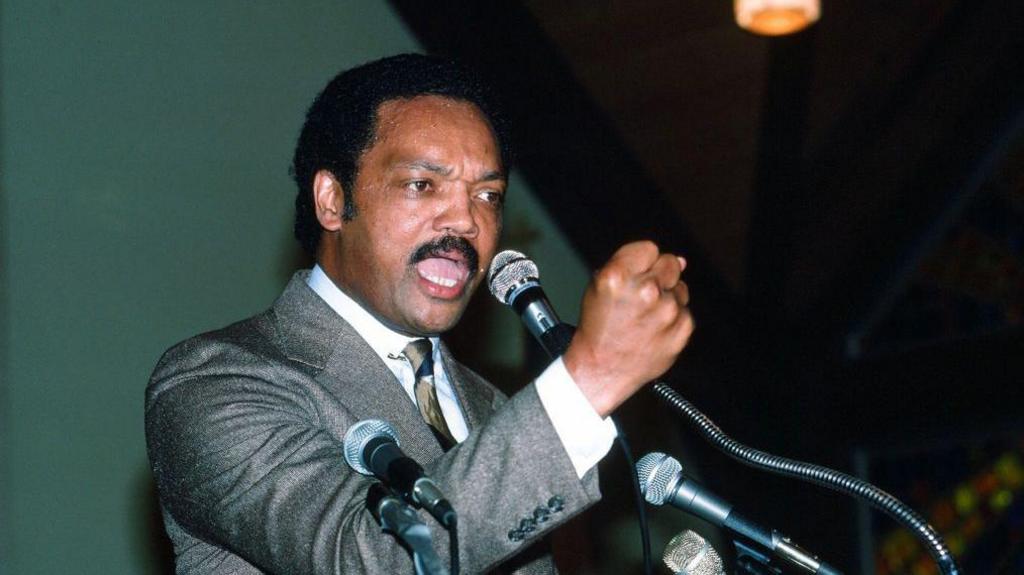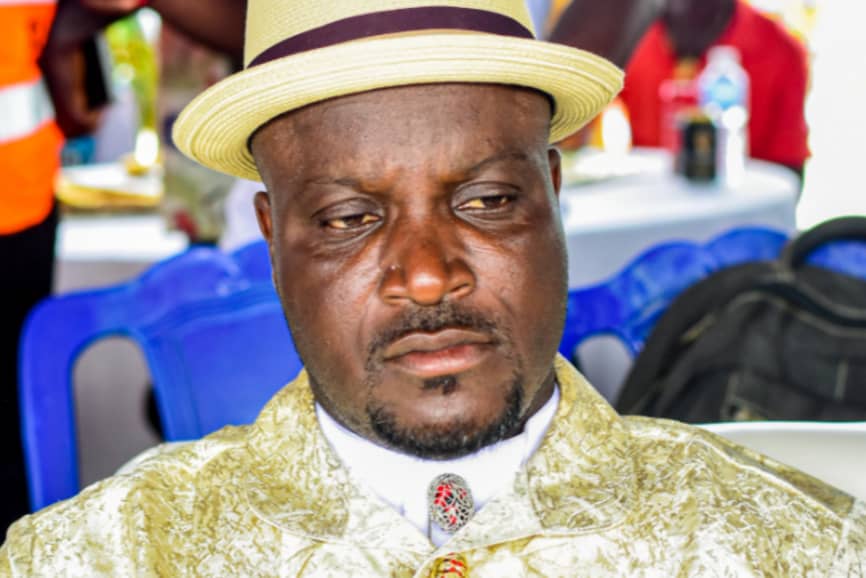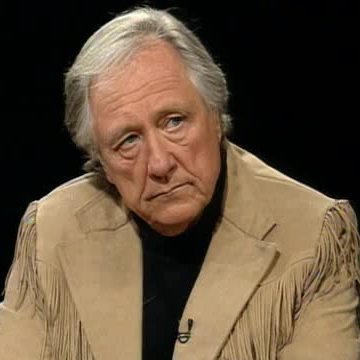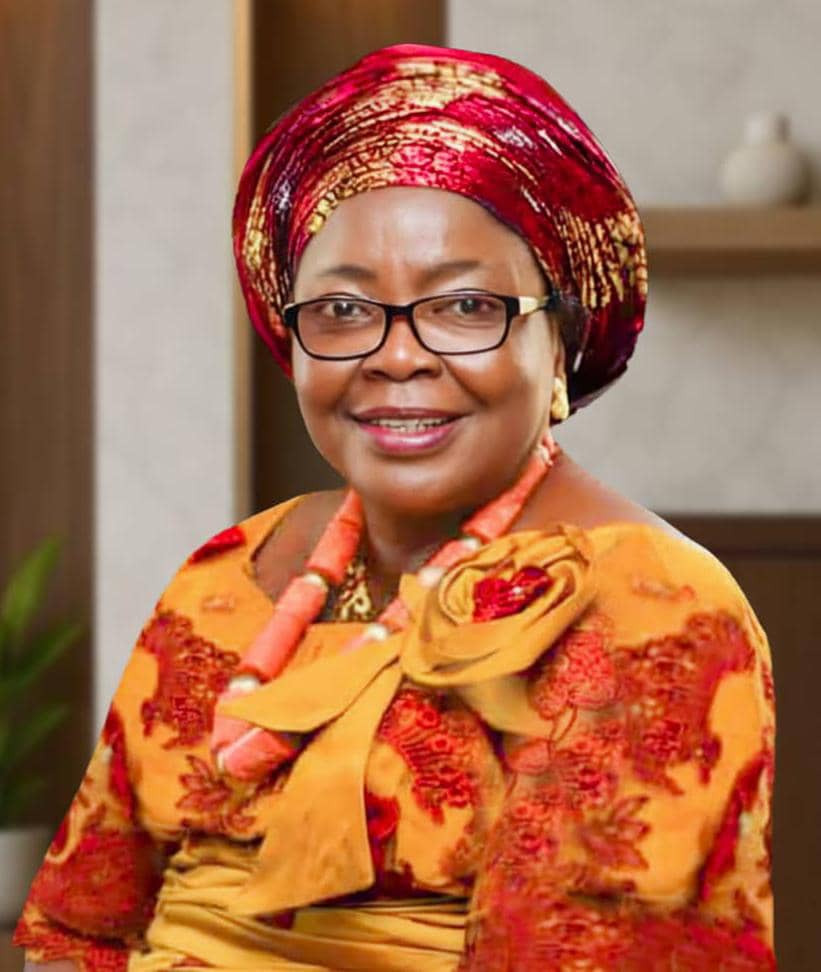ERNEST SISSEI IKOLI: The Pan Nationalist, Politician and Pioneering Journalist
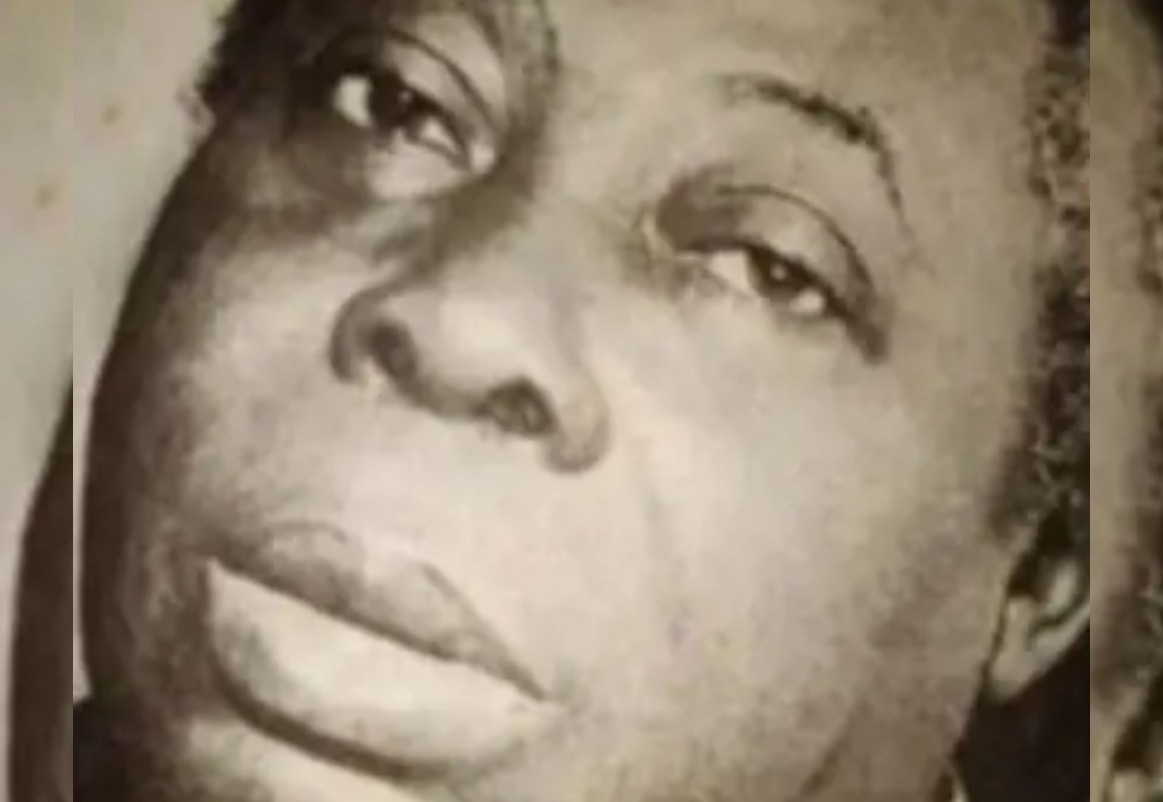
Did you know that Ernest Sissei Ikoli print media career and political acumen helped transform Nigeria from a British colony into an independent state, and was the first editor of the Daily Times newspaper?
Born in Nembe on March 25, 1893, Ernest Sissei Ikoli, who hailed from Twon Brass in Brass Local Government Area of the present-day Bayelsa State in the Niger Delta region of Nigeria, was educated at Bonny Government School, Rivers State, and then King's College in 1909 as a pioneer student in Lagos State. It is said that his progress was inspired by his wealthy parents, who were traders and pioneer scholars of the early British missionary education in the interior of Brass.
Ikoli was Senior Prefect at Kings College in 1913, and was on graduation employed as assistant science teacher in the school after completing his studies—a post he later left to pursue a career in journalism, in a decision that set him up to become one of the foremost journalists, patriot, and politician of his time.
Ikoli departure in 1919 from the teaching profession was due to a fracas arising from racial insults and oppression on him and other blacks by the British teachers and authorities. As a born freedom fighter that he is and a crusader of truth, he towed the path of freedom of expression.
According to records, he shortly joined one of the nationalist newspapers, the Lagos Weekly Record, founded in 1889 by John Payne Jackson, an American.
There, he served as assistant editor and got his journalistic coaching from the publisher’s son, Thomas Horatio Jackson.
For a period he worked at the Lagos Weekly Record, a paper that has since disappeared. He was the first editor of the Daily Times of Nigeria, which was launched in June 1926 with Adeyemo Alakija as chairman of the board.
But unsatisfied, Ikoli set up his own newspaper, the African Messenger, at number 24 Odunlami Street, Lagos, in 1921 and became its editor in order to freely vent his concerns on the colonialists. The African Messenger immediately became one of the most vocal newspapers that criticized the colonial government through intellectual and pungent editorials and reports that worried the colonialists.
One reason for his critical journalism is that as a man from the marginalized creeks of the Niger Delta, and as one of the few journalists who schooled at home, he felt the pains of discrimination and underdevelopment, unbearably. It is on record, that the colonial masters, especially, Sir Fredrick Lord Luggard disliked the critical and expository style of journalism practiced by Ikoli and his colleagues who criticized the Amalgamation of the Northern and Southern Protectorates and the final establishment of a colonial administration, having foreseen the negative implications of such actions.
Today, more than fifty years of the expropriation of the resources of the Niger Delta for the development of other parts of the country has affirmed Ikoli’s stand against that amalgamation. Despite censorship and harassment, the press which Ikoli was part of, pressured the colonial government to introduce the Legislative Council in Lagos, party politics and representative government in the 1922 Clifford Constitution. And that was achieved.
Ikoli political journey began in the 1930s when he became one of the founders of the Nigerian Youth Movement and once its president. During this period, the movement was engaged in an intense power struggle with Herbert Macaulay's New Nigeria Democratic Party, NNDP. Coupled with his tenure in the print media business, his involvement in politics had a vast impact on Nigeria's road to independence from colonial rule. The media was one of the best ways that Nigerian nationalists could communicate with their colonial rulers at the time.
Ikoli started the NYM with other prominent Nigerians like Hezekiah Oladipo Davies, James Churchill Vaughan and Oba Samuel Akisanya (aka General Saki). The movement originally started as the Lagos youth movement, it was partly formed to voice concerns about the lackluster colonial higher education policy. The movement was largely Lagos-based but as varied members entered the organization, it metamorphosed to become the NYM; a political action group with a nationalistic flavor and outlook. Nnamdi Azikiwe joined the group in 1936.
In 1941 Kofo Abayomi, a Lagos leader of the movement, resigned his position at the Legislative Council, forcing a by-election. A primary election was held among NYM members to select a candidate to contest the seat, in which Samuel Akisanya collated the most votes, with Ikoli in second place. However, with the support of H.O. Davis, Obafemi Awolowo, Akintola and a few others, the party's central committee, which had the right to review the results, chose him as the movement's candidate.
Although Akisanya immediately congratulated him, he later reneged and contested the seat as an independent candidate with the support of his primary backer, Nnamdi Azikiwe, although he lost to Ikoli. The loss of Akisanya in the election led to his exit from the movement, Azikiwe also left the movement, both took away most of their supporters. The resulting feud is seen by some analysts as a contributing catalyst to the enmity that exist between the Igbo, Hausa, and Yoruba ethnic groups in the country and also as a major focal point of electoral disputes and the ominous role they played in destabilizing the country.
Although he lost his seat in another by-election in 1946, the result was overturned following a lawsuit and Ikoli regained his membership of the Legislative Council. He ran in the general elections the following year, but withdrew his candidacy shortly before the elections.
In 1951, Ikoli, along with Awolowo and their allies formed the Action Group, which was dedicated to promoting Yoruba interests in the wake of Nigerian Independence. During this time he edited The Daily Service, which voiced the party's agenda. This publication had a moderate leftist bent, which proved unpopular for Western readers, and distracted from the nationalistic message that he was trying to pursue.
While his legacy remains slightly tarnished due to the tribalism that emerged from Nigerian Independence, it is important to note his role in achieving that independence. His vast print media career and political acumen helped transform Nigeria from a British colony, into an independent state.
#penglobalpersonality
